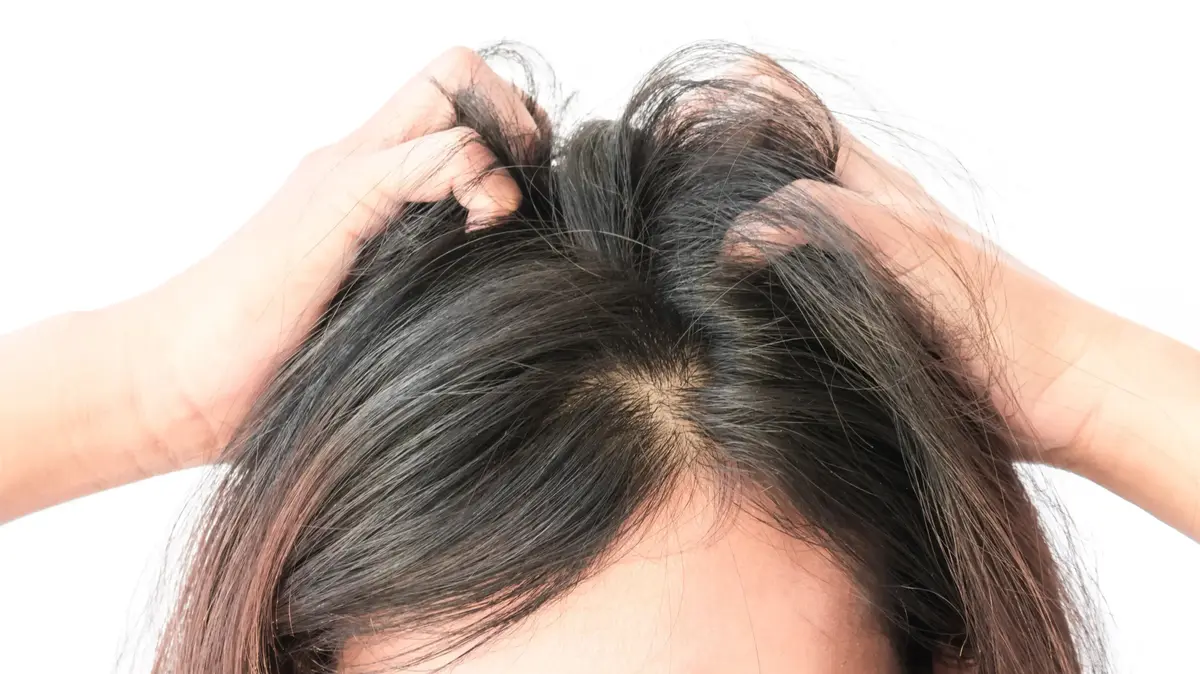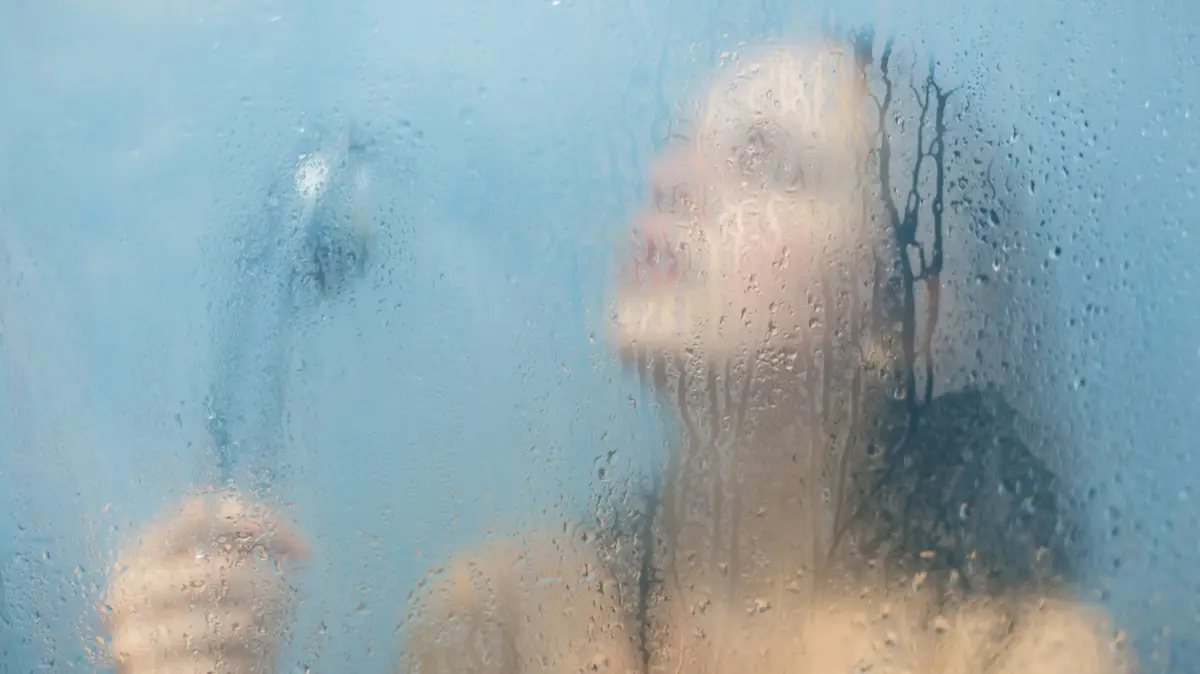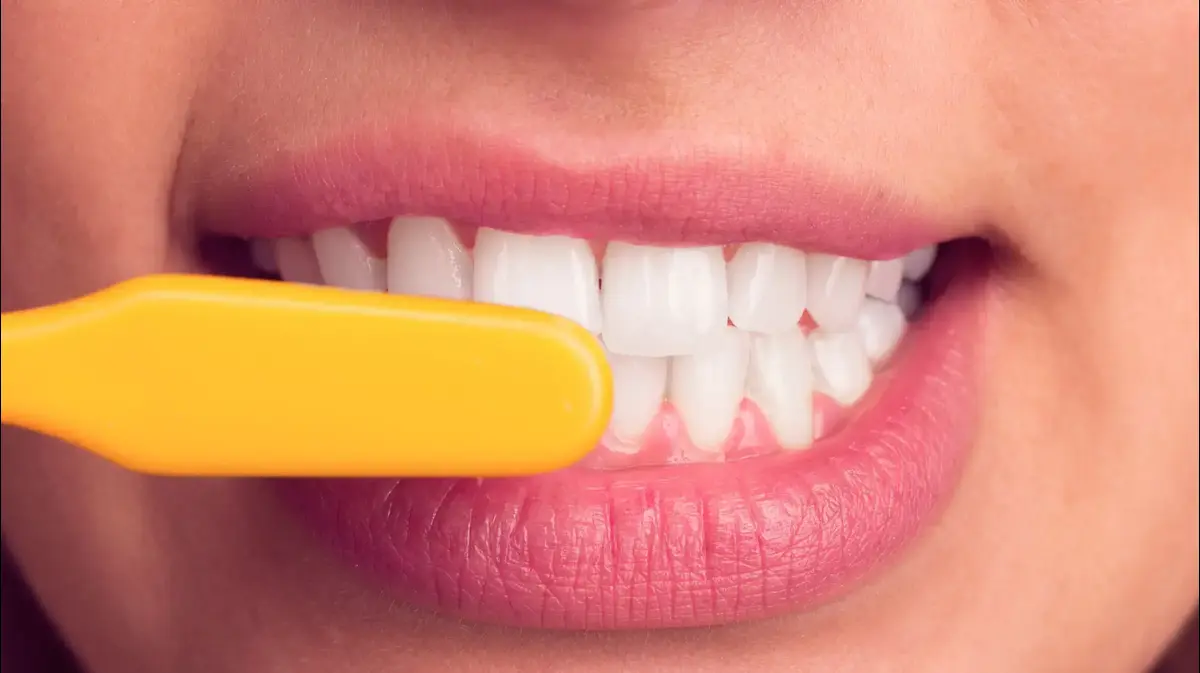The things that make you scratch your head, besides lice
If your scalp is itchy non-stop it may be a symptom of something else to treat. Sweaty hair that only needs care, a color allergy or shampoo, or skin disease that will still make you miss Lina Comfort and her friends - these are things to check out
Non-stop scratching? Maybe it's a symptom of something else in the body. Man scratching head (Photo: ShutterStock)
Man scratching his scalp (Photo: ShutterStock)
Do you also feel a strong urge to scratch your head every time someone talks about lice, or even when the word "comfort" comes up? Not to worry, this is a familiar phenomenon - especially among parents - and it goes away in seconds; But if itching lasts for a long time, it may just be a symptom of any skin problem that needs diagnosis and treatment. If you've ruled out the lice option, here are some other options - from the most immediate suspects to the most surprising causes.
More in Walla! NEWS More in Walla! NEWSWhy are we itching, and can it be dangerous?
To the full article Dryness of the scalp
Unlike the humid Israeli summer, the winter months can be very dry - outside air or air conditioner heating. Dryness strips the scalp of its protective oils, and it should be moisturized with a rich hair conditioner or a weekly hair mask.
Dirt and sweat
You sweat in training and haven't shaved your head yet? It may be that the sweat has dried on the scalp and it is irritating and that is why it is itching for you. And maybe you don't overlap your hair in general, then accumulate natural oils, dirt and product residue on the roots and scalp and it is scratchy and itchy.
So how many times should you overlap? dependent. Unnecessary and even harmful daily overlap because it dries the scalp and hair and causes increased fat production. Three factors must be taken into consideration: your skin type (the recommendation is to wash "normal" hair twice a week), hair texture (curly hair should be washed once or twice a week), and hair styling (how often and with what chemicals). Damaged, dry or split any overlap will dry it further).
More in Walla! NEWS
Head Grabs: 9 Myths About Lice "We Are Not Lepers": The Disease That Made My Life a Weekend Peel - The New Technological Magic That Enhances and Revitalizes Facial Content Promoted Content Sunburn
Your scalp may be itchy for a simple and sharp reason like sunburn. In this case, itching will ease the feeling of a cool shower and some cream containing hydrocortisone steroid and available for purchase without a doctor's prescription.
Allergic reaction
People can feel an allergic reaction to any substance they put on their scalp - from shampoo, through hair color to hair growth medication. If you feel itchy, notice if you have recently started using a new product. If so, stop using it and check if the itch has stopped (if it is for home hair dye, they can usually be washed).
dandruff
The next most common option for itching after lice rejection is capillarity simplex pyriasis, in Hebrew and in the public - scales. This is a very common phenomenon that appears on average in each of five people during their lifetime, especially in men and among people with oily skin. It is characterized by skin flakes in areas where hair grows, most often in the scalp. In most cases, dandruff is created as a result of the amplification of a natural process that involves accelerated replacement of skin cells and accelerated loss of old cells, which is sometimes accompanied by a scraping of the scalp. The exact reason for the appearance of dandruff is not always clear, and one of the hypotheses is that a diet rich in sugar, processed foods and fats causes an increased and extreme secretion of insulin, which can affect the cells that produce the fat and increase the scalp grease.
The dandruff does not cause hair loss and is usually easily treated with the help of dedicated shampoo or natural tea tree oil preparations. When these preparations do not help, or in conditions of severe dandruff such as seborrhea - a type of eczema (inflammatory condition of the skin), it is advisable to consult a dermatologist.
Are formed from accelerated replacement of skin cells and accelerated dropout of old cells. Hair scales (Photo: ShutterStock)
Hair scales (Photo: ShutterStock)
skin disease
Scabias
If itching is not just the scalp, you may have that illness that reminds us of the novices - scabias, also called scabies. The disease is caused by parasitic mites that penetrate the skin, excavate minute illnesses and lay many eggs in them, which causes itchy goat. The lesions can be found between the fingers of the hands, in the folds of the waist and armpits, in the wrists, around the nipples and at the top of the male genitalia.
Scabies can harm anyone and any age and almost always go through direct and prolonged contact between skin and skin. Scabies in adults is often acquired by sexual contact, but can also spread in crowded conditions and poor hygiene. The signs are not noticeable, so it usually takes several weeks for the scab to be diagnosed.
Eczema and psoriasis
Itchy scalp can also be caused by inflammatory skin conditions such as eczema (atopic dermatitis) and psoriasis (psoriasis). The eczema of the skin, also known as skin asthma, usually appears in childhood, and in some cases it continues into adulthood as a chronic disease whose severity has sometimes weakened over the years. It is common in the scalp especially in infants.
Psoriasis is a chronic disease with a genetic background caused when the immune system attacks the body itself, leading to reddish-purple, scaly and itchy layers. The disease erupts or worsens as a result of stressful events, and the cells in their normal function are to protect the body by accidentally triggering the inflammatory state of the skin. Scalp psoriasis is most common in adults.
Depletion occurs throughout the body, and is common in the scalp in adults. Arm psoriasis (Photo: ShutterStock)
Man scratching his hand (Photo: ShutterStock)
Skin effects
Facial redness (rosacea)
Long-term skin disease that usually affects the face and is most common in light-skinned women, usually after the age of 30. Rosacea is classically seen as a red blush and sometimes appears as facial pimples. It may catch fire, after eating hot, hot or caffeinated foods and drinks, or as a result of emotional stress. It can sometimes affect the scalp, causing itchy or searing sensations.
Hair follicles (folliculitis)
If your itchy scalp accompanies what looks like red pimples - with hair in the center of each one - it may be a case of folliculitis. The pimples may have pus and may scratch or burn. When the pimples are breached, they may drain pus, blood or both. The inflammation usually occurs when the hair follicle is damaged as a result of an insect bite or friction in the garment, too tight braids or a careless shave. Most symptoms go away within a week to 10 days. If that doesn't happen, you may need antibiotics.
Regional baldness (alopecia arata)
It is a medical condition that occurs suddenly, causing baldness in some or all areas of the body, without causing any scar. The disease is not life-threatening and it is created when the immune system produces cells that attack the hair. One of the earliest signs of its existence is an itchy scalp.
It can affect the scalp, causing a itchy or burning sensation. Sick woman in Rosacea (Photo: ShutterStock)
Woman with rosacea in facial skin (Photo: ShutterStock)
Scratch as another characteristic of serious illnesses
And in extreme cases, scratching in the head may be another sign in a list of characteristics that indicate the existence of significant diseases such as sarcoidosis (a non-infectious multi-infectious granulomatous inflammatory disease, mainly involving the lungs), cervical spine disease, lupus, autoimmune disease Which can damage all body systems), lymphoma and skin cancer.
And we will end with the most surprising reason: in very rare cases, itchy scalp has no organic cause and is accompanied by no other objective medical findings and it has a medical definition: scalp dysesthesia. The phenomenon is often exacerbated or aggravated by a psychological factor and may manifest a basic psychiatric problem or chronic pain syndrome. This is usually the case in elderly patients, and the key treatment is low-dose antidepressants.














